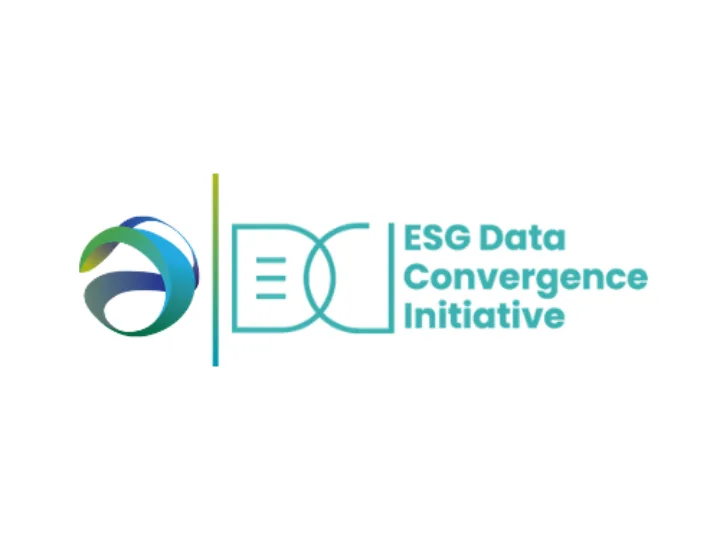

Spotlights
Tailored Environmental Due Diligence to Meet Client Needs

Environmental due diligence is not one-size-fits-all. Aeterra understands that each deal is unique, and works with the Client, Counsel, and other stakeholders as needed to develop a customized, meaningful scope of work that makes sense case by case. We consider various factors, including the size and structure of the deal (i.e., stock vs. asset purchase), nature of the operations, known issues, availability of historical due diligence work products (such as prior environmental due diligence/investigation reports), real estate disposition (e.g., owned, leased, planned sale-leaseback), and the ultimate audience of the work products (R&W insurer, lender, co-investor, etc. all may have scopes they need/want to see). Environmental due diligence may also be merited for facility consolidations, relocations, and/or expansions, for instance if sites will be vacated/properties sold, or if the business is moving into a new location.
Aeterra’s scopes of work go beyond merely conducting a “check the box” Phase I Environmental Site Assessment (ESA). For many deals, industrial operations are likely to subject the target company (and thus, the buyer) to various environmental permitting and compliance obligations. It is prudent to evaluate the target’s understanding and management of environmental regulatory compliance, potential capital expenditures (e.g., related to emissions control or treatment infrastructure) that may be needed to comply, and to understand the level of scrutiny the target and its facilities faces from regulators, as well as any current or past enforcement actions and potential exposure to citations, fines, or penalties. In addition, there are likely to be environmental permitting and compliance considerations tied to facility consolidations, relocations, and/or expansions, if those are planned.
Industrial operations can also present safety risks to workers, and lead to costly corrective action and penalties, not to mention impacts to insurance premiums, if unchecked; Aeterra’s health and safety reviews evaluate how the target company has identified and assessed risks associated with the operations it conducts, how it has managed identified risks, its regulatory record, and how its health and safety performance compares to industry averages. For larger companies and/or for add-on acquisitions, a review of corporate environmental, health and safety (EHS) management may contribute critical information to Clients and their portfolio companies with regard to how EHS management will need to be improved or enhanced upon integration with the portfolio company.
For stock/equity deals, which can lead a buyer to inherit “trailing liabilities” associated with the history of the target, a review of corporate legacy liabilities may be merited. Did the target company formerly conduct manufacturing? Do they have several former operating locations that have potential or known contamination issues? Have they inherited any environmental liabilities through past M&A activity? Are they a hazardous waste generator and have off-site waste disposal liabilities? These are issues that are not “caught” by a standard Phase I ESA.
In some cases, cost and time savings can be realized through the performance of a “streamlined” approach, for example, preparation of abbreviated environmental/EHS review reports when standard Phase I ESAs are not needed in the context of the deal (maybe because real estate will not be transferred or because recent/unexpired Phase I ESAs are already available), which can save Clients time and money. There may also be instances when a Client is involved in a competitive process, and for one reason or another, cannot conduct fulsome diligence at that point (e.g., if access for site visits or to corporate management is being limited by the sellers, or if the Client is not yet confident about whether they will proceed to the next round). In these circumstances, it may be prudent to conduct “pre-bid” environmental diligence, allowing us to advise the Client whether there are any “red flag” EHS issues they should be aware of in order to make decisions on next steps, without spending significant money up front.
Per- and/or polyfluoroalkyl substances (PFAS) have been under the magnifying glass lately. If the only environmental diligence conducted is a Phase I ESA, although certain PFAS may be considered (i.e., the two – PFOS and PFOA - now regulated as “hazardous chemicals”) in the context of that review, many other potential exposure areas for PFAS could be missed without other workstreams. For almost every business that makes and sells a product, it is becoming more and more important to consider the multi-faceted ways in which PFAS could affect the business. Beyond environmental contamination issues, these affects could range from current and/or future regulatory impacts (e.g., regulation of the materials in wastewater discharges, chemical inventory reporting requirements, etc.) to the plethora of phase-outs and outright bans on PFAS-containing materials in certain applications like consumer products, food and other packaging, medical devices, cosmetics, etc. Aeterra considers PFAS on every deal and will work with Clients to determine the most appropriate level of review for this critical liability.
Aeterra also has in-house capabilities to go beyond traditional EHS due diligence, to include reviews of other relevant topics such as Environmental, Social, and Governance (ESG) topics, product stewardship, supply chain management, climate change resiliency, Environmental Justice, and Property Condition Assessments (PCAs). These are all areas that can have material impact on a business.
In summary, you can trust that working with Aeterra means we will consider the pertinent details and work with you to ensure you (and other parties) get the information and reports you need.









